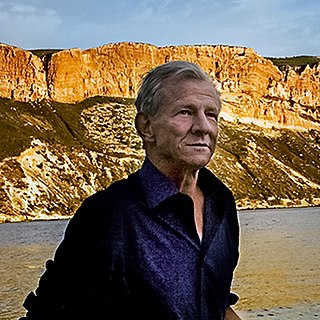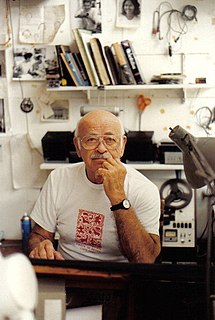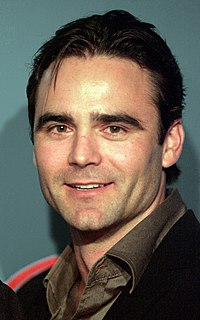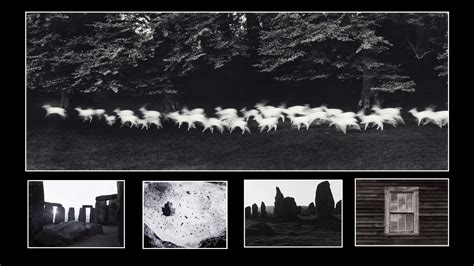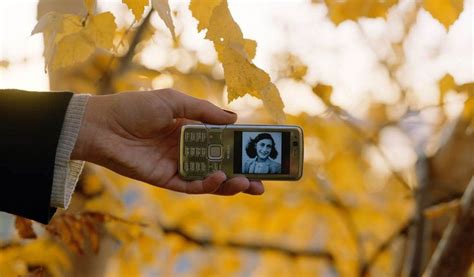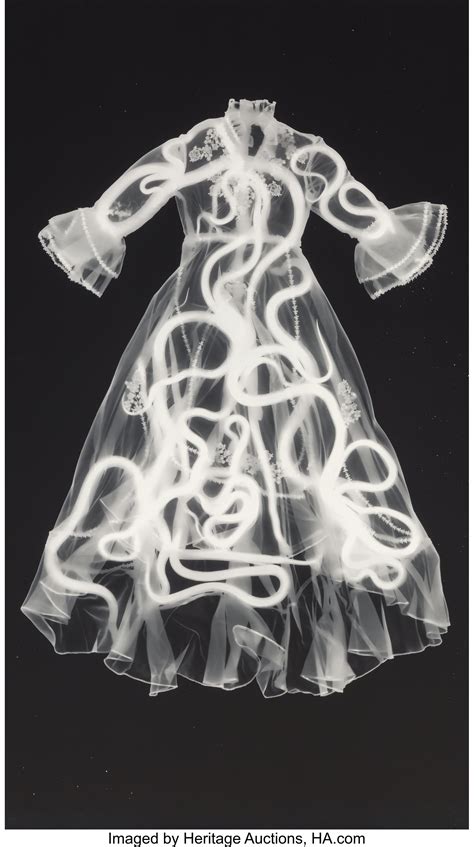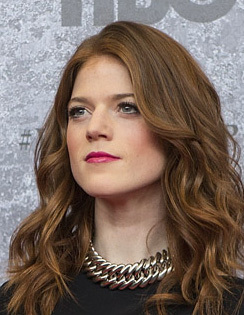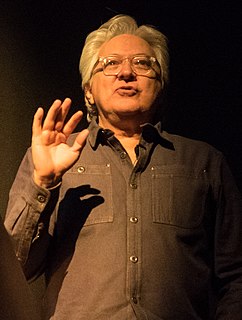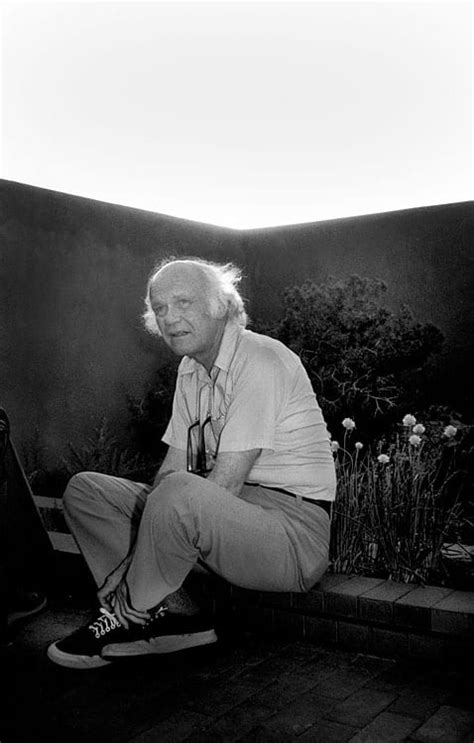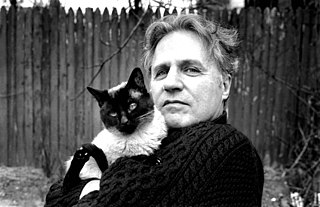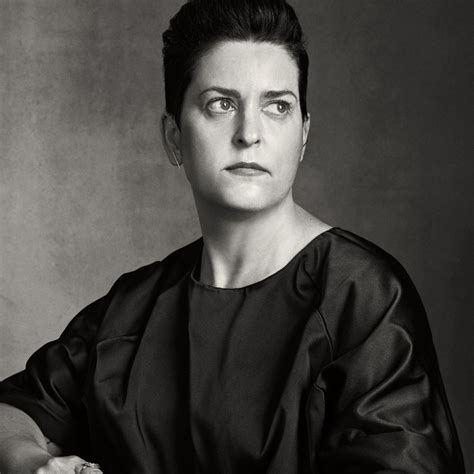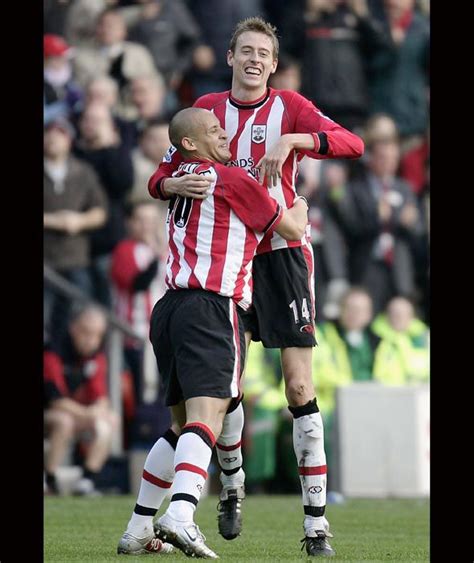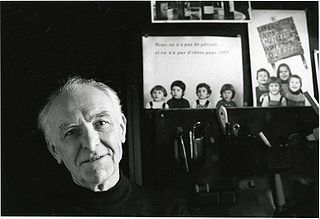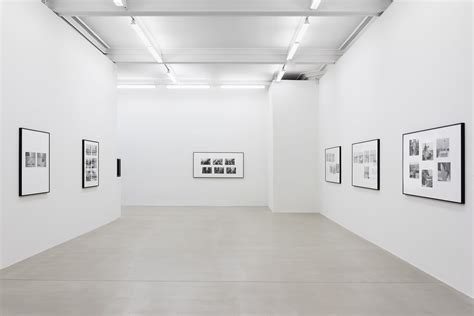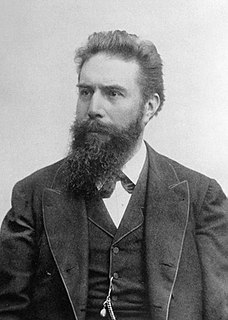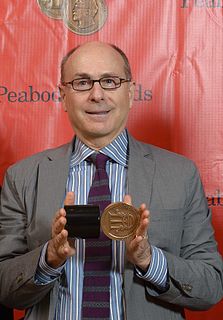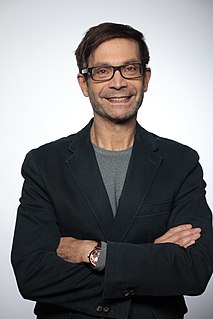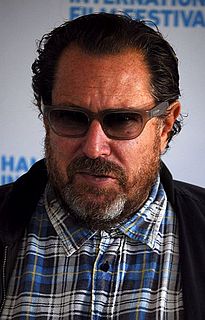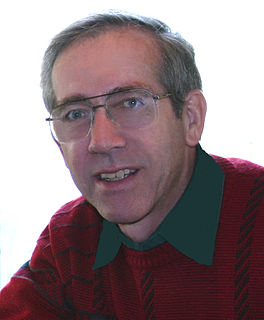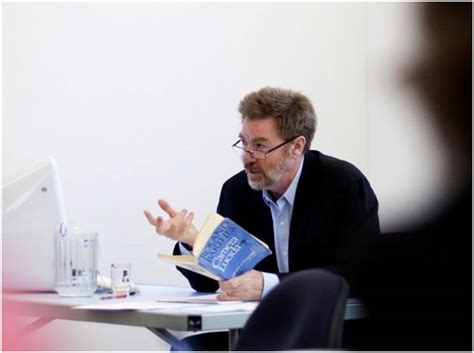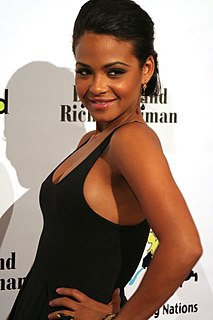Top 1200 Inspirational Photography Quotes & Sayings
Explore popular Inspirational Photography quotes.
Last updated on April 21, 2025.
I collect art on a very modest scale. Most of what I have is photography because I just love it and it makes me happy and it looks good in my home. I also have a pretty big collection of art books mainly, again, on photography. A lot of photography monographs, which is great because with photography, the art itself can be reproduced quite well in book form.
To know whether photography is or is not an art matters little. What is important is to distinguish between good and bad photography. By good is meant that photography which accepts all the limitations inherent in photographic technique and takes advantage of the possibilities and characteristics the medium offers. By bad photography is mean that which is done, one may say, with a kind of inferiority complex, with no appreciation of what photography itself offers: but on the contrary, recurring to all sorts of imitations.
I don't know that there were any rules for documentary photography. As a matter of fact, I don't think the term was even very precise. So as far as I'm concerned, the kind of photography I did in the FSA was the kind of photography I still do today, because it is based on passionate concern for the human condition. That is the basis of all the work that I do.
I chose makeup over photography because there was something very sensual about makeup that I loved. But photography was always in the back of my mind. That was always something that I was very connected with: looking at magazines, enjoying photography, and then taking pictures myself when I was a kid.
I didn't do well in high school, but I took photography, and I loved being able to capture moments. It led to more and more photography, and fashion was the angle into photography for me. It was incredible to see photographs by Irving Penn or Helmut Newton. I was really intrigued by that, and that's what led me to New York City.
Anthropology... has always been highly dependent upon photography... As the use of still photography - and moving pictures - has become increasingly essential as a part of anthropological methods, the need for photographers with a disciplined knowledge of anthropology and for anthropologists with training in photography has increased. We expect that in the near future sophisticated training in photography will be a requirement for all anthropologists. (1962)
I was attracted to photography because it was technical, full of gadgets, and I was obsessed with science. But at some point around fifteen or sixteen, I had a sense that photography could provide a bridge from the world of science to the world of art, or image. Photography was a means of crossing into a new place I didn't know.
In my years of photography I have learned that many things can be sensed, seen, shaped, or resolved in a realm of quiet, well in advance of, or between, the actual clicking of shutters and the sloshing of films and papers in chemical solutions. I work to attain a state of heart, a gentle space offering inspirational substance that could purify one's vision. Photography, like music, must be born in the unmanifest world of the spirit.
Traditionally, photography has dealt with recording the world as it is found. Before photography appeared the fine artists of the time, the painters and sculptors, concerned themselves with rendering reality with as much likeness as their skill enabled. Photography, however, made artistic reality much more available, more quickly and on a much broader scale.
We would not - from here - counsel anyone to be guided by influences from without. ... If these come as in inspirational writings from within, and not as guidance from others - that is different ... the inspirational may develop the soul of the individual, while the automatic may rarely reach beyond the force that is guiding or directing.
To us, the difference between the #? photographer as an individual eye and the photographer as an objective recorder seems fundamental, the difference often regarded, mistakenly, as separating photography as art from #? photography as document. But both are logical extensions of what photography means: note-taking on, potentially, everything in the world, from every possible angle.
Photography's relationship with pornography is as old as photography. That kind of unholy relationship is formed from the very beginning, and there's a reason why: it's thoroughly enjoyable to be that voyeuristic. Voyeurism is a very old modality, and most of the history of photography is in some way related voyeurism.
It was only after a while, after photographing mines and clear-cutting of forests in Maine, that I realized I was looking at the components of photography itself. Photography uses paper made from trees, water, metals, and chemistry. In a way, I was looking at all these things that feed into photography.
When I was in the 12th standard itself, I decided to join the Adyar Film Institute and study photography. I specifically chose photography because I see photography as an applied science. There is an artistic element also in it. If you perfect your scientific element, you can attain certain quality.
